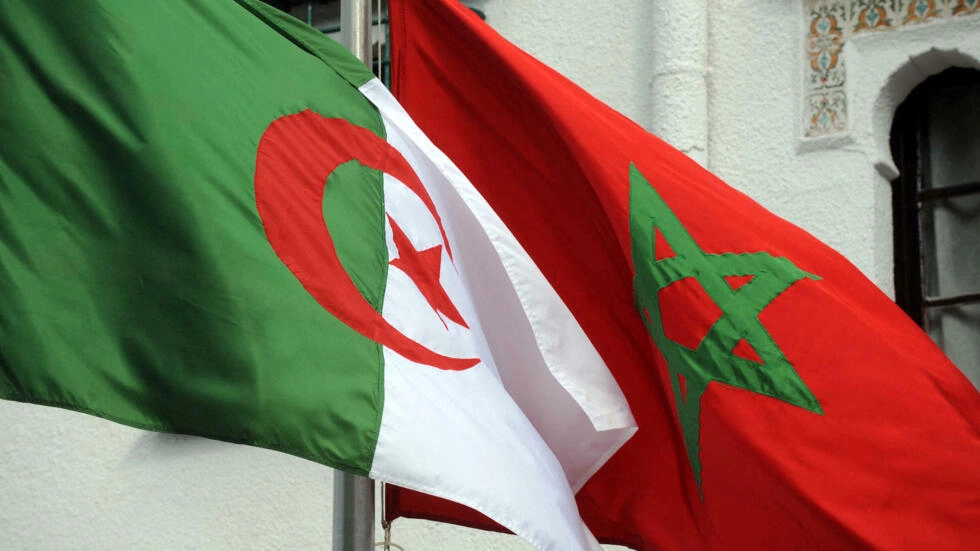A surge in oil prices is allowing Algeria to consider reducing import restrictions that had angered its European trading partners.
A surge in oil prices is allowing Algeria to consider reducing import restrictions that had angered its European trading partners.
Algeria’s Saharan Blend of crude oil sold at an average of $70 per barrel from January through April, $15 more than forecast. This prompted the Algerian government to reconsider restrictive import policies meant to shore up foreign currency reserves and offset a budget deficit.
Oil and gas exports account for more than 95% of Algeria’s export value and 60% of state budget revenue.
A sharp decline in the price of oil in 2014 caused a huge hit to Algeria’s economy and Algiers responded by imposing an import ban in 2016. It expanded the restrictions this year to include more than 800 goods, mostly imported from EU countries.
Algerian Trade Minister Said Djellab, at a recent news conference, said the government was considering “imposing additional customs duties for finished goods. This is part of our pursuit of a more efficient instrument.”
“These are temporary preventive measures. The crisis taught us lessons,” Djellab added.
He did not say when the import ban would be lifted but local media quoted government sources as saying the change would be included in a supplementary budget submitted to parliament in early June.
Djellab previously said Algeria had been in talks with the European Union and that Algiers’ trade partners “understood the issue.”
Despite the import ban, Algeria has allowed in more products from China. Last year, Algeria took in $8.3 billion worth of goods from China, making it Algeria’s main importer. Trade figures for the first three months of this year showed China as Algeria’s main import market, followed by France, Italy and Spain.
“Algeria is encouraging trade with China,” said EU Commissioner for Trade Cecilia Malmstrom at a parliamentary hearing. “We must find solutions to this issue otherwise we will resort to the clauses of the settlement of disputes.”
Spanish Trade Minister Maria Luisa Poncela said Madrid does not see its trade deficit with Algeria as a problem but that the situation becomes a problem when Algiers’ import cuts affect Spanish exports to Algeria.
Algeria has been part of a trade agreement with the European Union since 2005, which opened the Algerian market to imports from Europe. Algerian officials are seeking to revise the agreement because, they said, the accord hurt local manufacturing and farming.
Algerian economists said the import ban had not significantly cut costs or helped support foreign currency reserves. Rather, the plan added a layer of bureaucracy to business and strained ties with the European Union without delivering much of a benefit to the Algerian economy.
“While it remains very fragile, this economic climate due to oil price change is offering financial leeway for the government, which was unlikely a few months ago,” said economist Hassan Haddouche. “This situation is more favourable for lifting the import restrictions very soon.”
Economists said the reduction in Algeria’s trade in the first quarter of the year was due to an increase in export revenues because of high oil prices. Algeria’s trade deficit for the first quarter of the year was $490 million, compared to $3 billion the same period last year.
To balance the budget and replenish foreign currency reserves, economists said Algeria needs oil prices to average $100 on the year.
They predicted Algeria’s foreign reserves would drop to $80 billion by the end of this year, even if oil prices remain steady. Algeria’s foreign currency reserves stood at $96.1 billion at the end of 2017.














